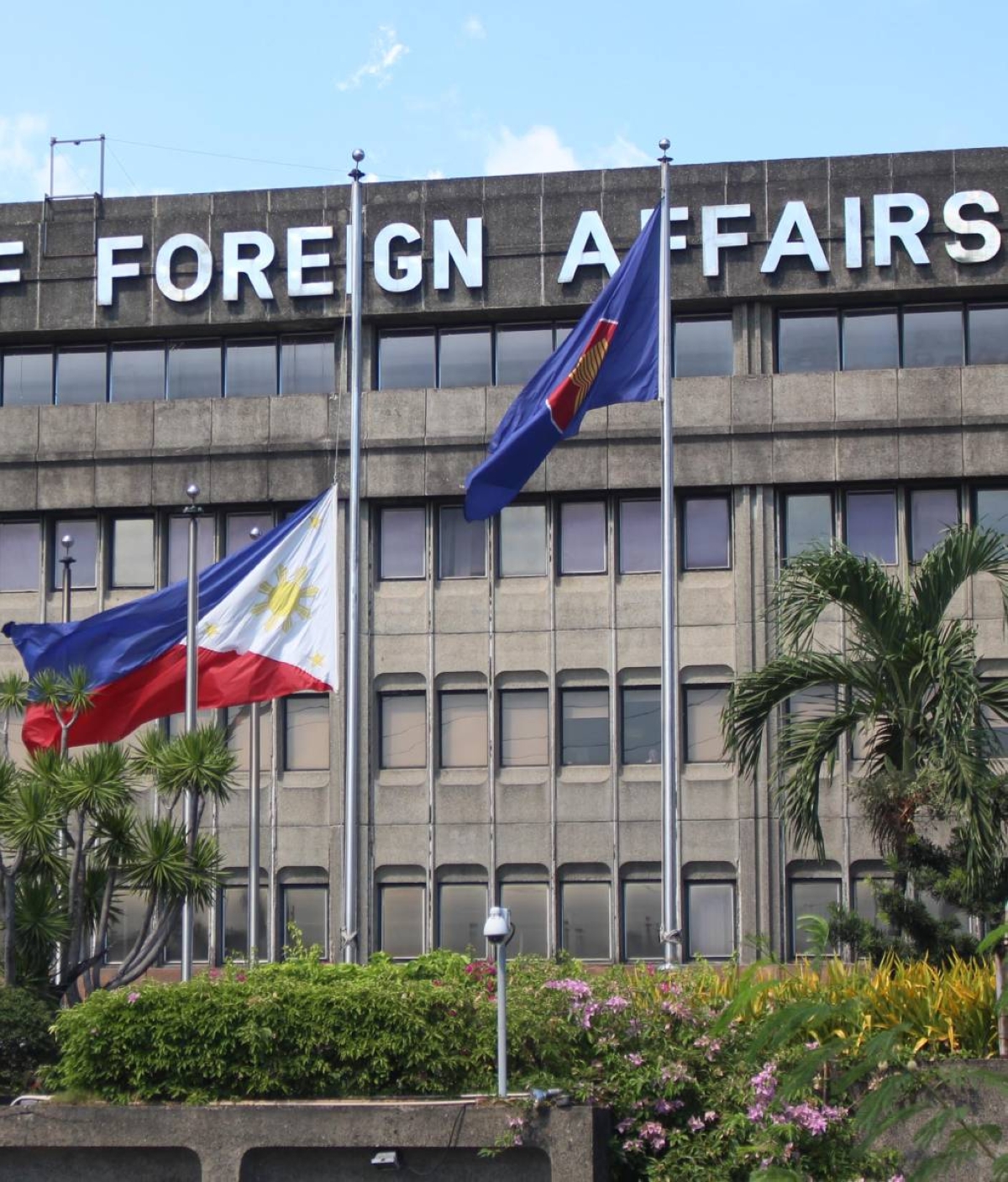In a recent meeting between the Philippines and China, both countries engaged in frank and productive discussions to de-escalate tension in the South China Sea (SCS). The Department of Foreign Affairs (DFA) announced that if any incidents arise in the region, they will be addressed through diplomacy.
The 8th Bilateral Consultation Mechanism (BCM) on the South China Sea, held in Shanghai, China, emphasized the importance of continuous dialogue to maintain peace and stability at sea. This meeting followed an agreement reached between President Ferdinand Marcos Jr. and Chinese President Xi Jinping in November 2023 to ease and manage tensions in the South China Sea.
The DFA highlighted that both sides presented their respective positions on the Ayungin Shoal and assured each other of their mutual commitment to avoid escalating tensions. The Philippines and China have also agreed to enhance maritime communication mechanisms in the SCS, including improved communication between their foreign ministries and coast guards.
Furthermore, the Philippines and China have expressed their willingness to explore academic exchanges on marine scientific research. This initiative demonstrates their shared commitment to promoting cooperation and understanding in the region.
The South China Sea has been a contentious issue for several countries due to overlapping territorial claims. It is important to note that the discussions between the Philippines and China are aimed at finding peaceful solutions and avoiding any further escalation of tensions.
The Philippines, as a coastal nation in the region, has a vested interest in maintaining stability and promoting the rule of law. By engaging in diplomatic dialogue with China, the Philippines seeks to address any potential incidents through peaceful means. This approach aligns with international norms and emphasizes the importance of resolving disputes through negotiations rather than resorting to force.
China, as a major player in the region, also recognizes the significance of maintaining peace and stability. Through these discussions, China has shown its commitment to resolving conflicts through diplomatic channels and avoiding any actions that could exacerbate tensions.
It is worth noting that the Philippines and China are not the only countries involved in the South China Sea dispute. Other nations, such as Vietnam, Malaysia, and Taiwan, also have competing claims in the region. The discussions between the Philippines and China serve as a positive example of how countries can engage in dialogue to address shared concerns and work towards peaceful resolutions.
In conclusion, the recent meeting between the Philippines and China signifies their commitment to de-escalating tension in the South China Sea through diplomatic means. By emphasizing the importance of continuous dialogue, both countries aim to maintain peace and stability in the region. The agreement to enhance maritime communication mechanisms and explore academic exchanges on marine scientific research further demonstrates their mutual desire for cooperation and understanding. As the international community watches these developments, it is hopeful that other countries involved in the South China Sea dispute will also engage in constructive dialogue to promote peace and stability in the region.







